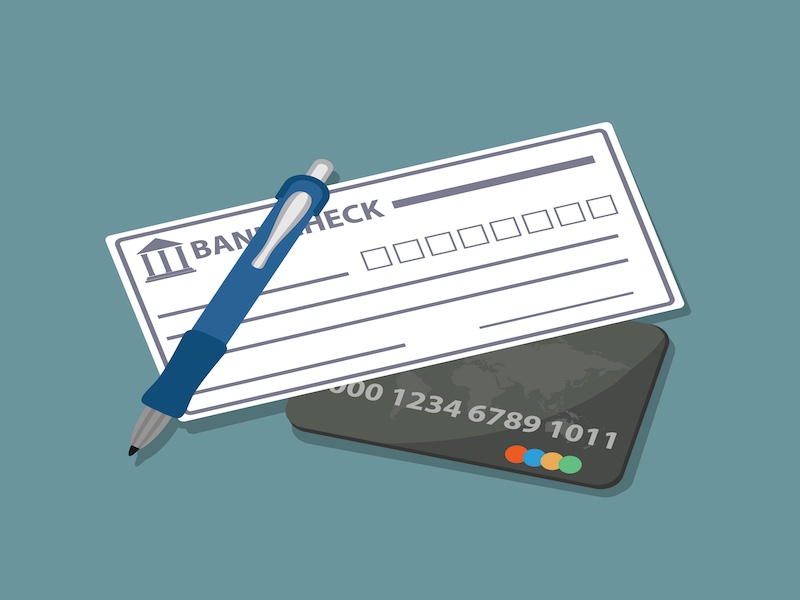The fight over who controls access to consumer financial data is escalating, with fintechs warning that new fee structures from major banks could choke innovation and restrict consumer choice.
More than 80 fintech and crypto industry leaders recently signed a public letter urging President Donald Trump to intervene after several large banks floated plans to impose “account access fees” on third-party financial service providers. These charges, set to begin in September, would apply when fintechs access consumer account data via APIs or aggregators — the backbone of digital wallets, AI-driven financial assistants, and other open banking services.
The coalition of fintech executives argues that the proposed fees could stifle competition and force smaller firms out of the market, undermining the very foundation of open banking. Their letter to Trump stressed that consumers, not banks, should control how their financial data is shared, and that access should not come at an additional cost.
A Broader Battle Over Fees
The debate over data access mirrors another high-profile fight unfolding in payments: the battle over debit card “swipe fees.” Last week, a U.S. District Court judge vacated the Federal Reserve’s decade-old regulation capping interchange fees charged to merchants on debit transactions.
The ruling favors retailers, who say swipe fees — which totaled $38.7 billion in 2024 — have ballooned into a major burden. The National Retail Federation noted that total U.S. swipe fees have more than doubled in the past decade, hitting a record $187.2 billion. Merchants argue that banks use these fees as “rent-seeking charges” that go well beyond covering actual transaction costs.
Although the judge’s ruling is on hold pending appeal, it highlights a growing trend: regulators and courts are scrutinizing the ways banks monetize access to payments and data. Just as swipe fee litigation could reshape card economics, fintech leaders say data fees could redraw the map of open banking.
Why This Matters for Open Banking
For open banking to deliver on its promise — faster payments, broader inclusion, and seamless financial services — data access must remain affordable, secure, and interoperable. If banks can impose unilateral pricing, fintechs fear innovation will slow, costs will rise, and consumers will have fewer choices in the digital financial marketplace.
This moment is particularly sensitive as regulators weigh broader rules around open banking. The Consumer Financial Protection Bureau’s Rule 1033, which affirms consumers’ right to access their own financial data, is under legal challenge and could be weakened if courts side with banks.
Building Resilient Infrastructure
The standoff underscores a larger question for financial institutions: how to build flexible infrastructure that doesn’t depend on restrictive data policies.
Cloud-native, API-first banking platforms offer one solution. By embedding compliance, automation, and customizable sub-ledgers directly into digital cores, such systems allow institutions to innovate without waiting for banks to dictate the terms of data access. This type of future-ready architecture ensures that companies can launch new products, issue cards, or manage digital accounts in real time, while retaining control of their client experience.
The Road Ahead
Both the fight over swipe fees and the looming showdown over account access charges reveal the same underlying tension: who pays the cost of financial connectivity. Merchants say card fees eat into their margins. Fintechs say data fees could lock them out of the market. Banks argue they shoulder the infrastructure and compliance costs of keeping systems secure.
What’s clear is that the stakes are rising. As Judge Daniel Traynor wrote in his swipe fee ruling, regulators must ensure that costs are proportional and transparent. Fintech leaders want the same principle applied to open banking — ensuring that access to consumer data remains a right, not a privilege with a price tag.
For now, the September deadline looms, and with it, a pivotal moment for the future of open finance.




